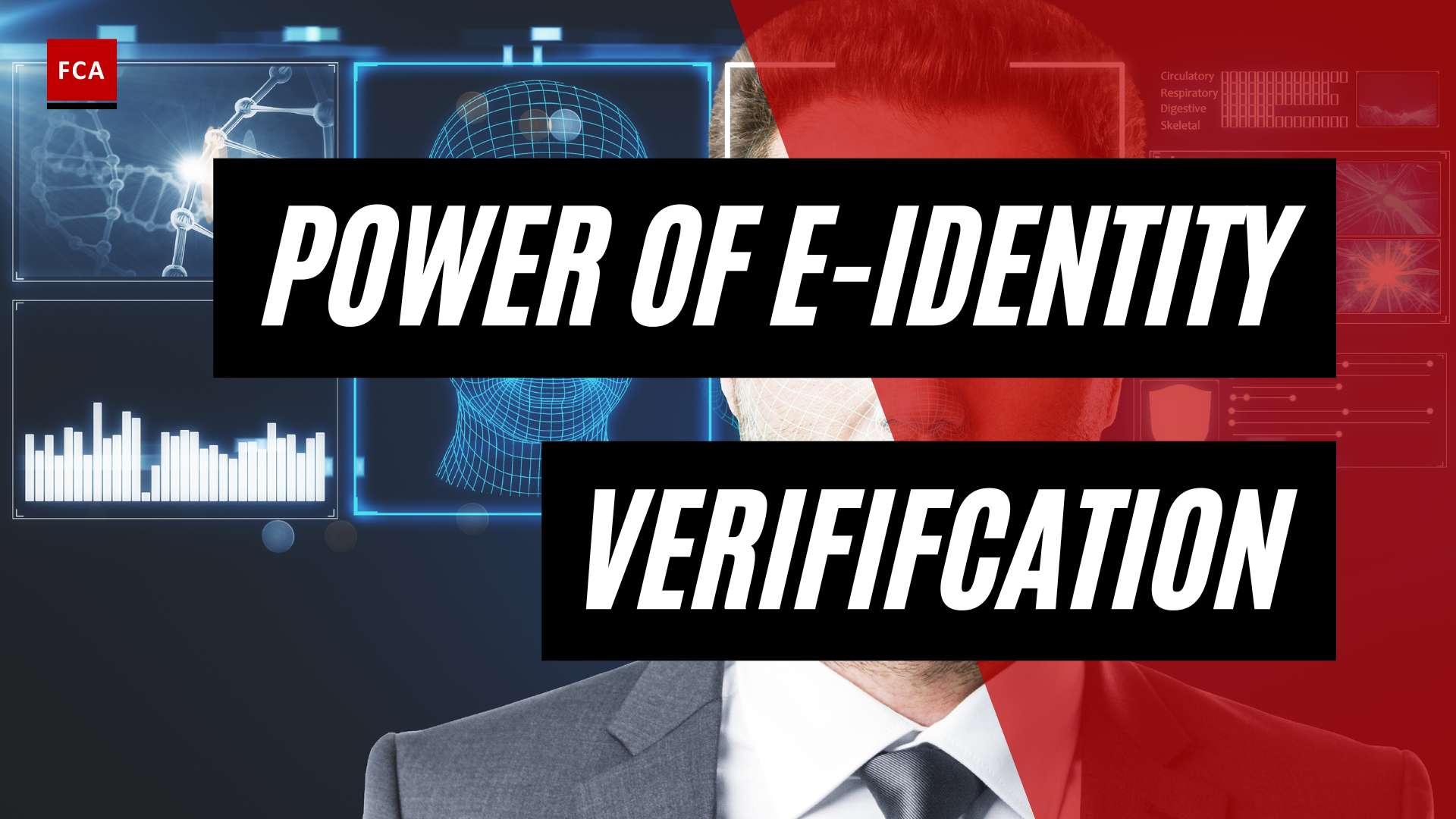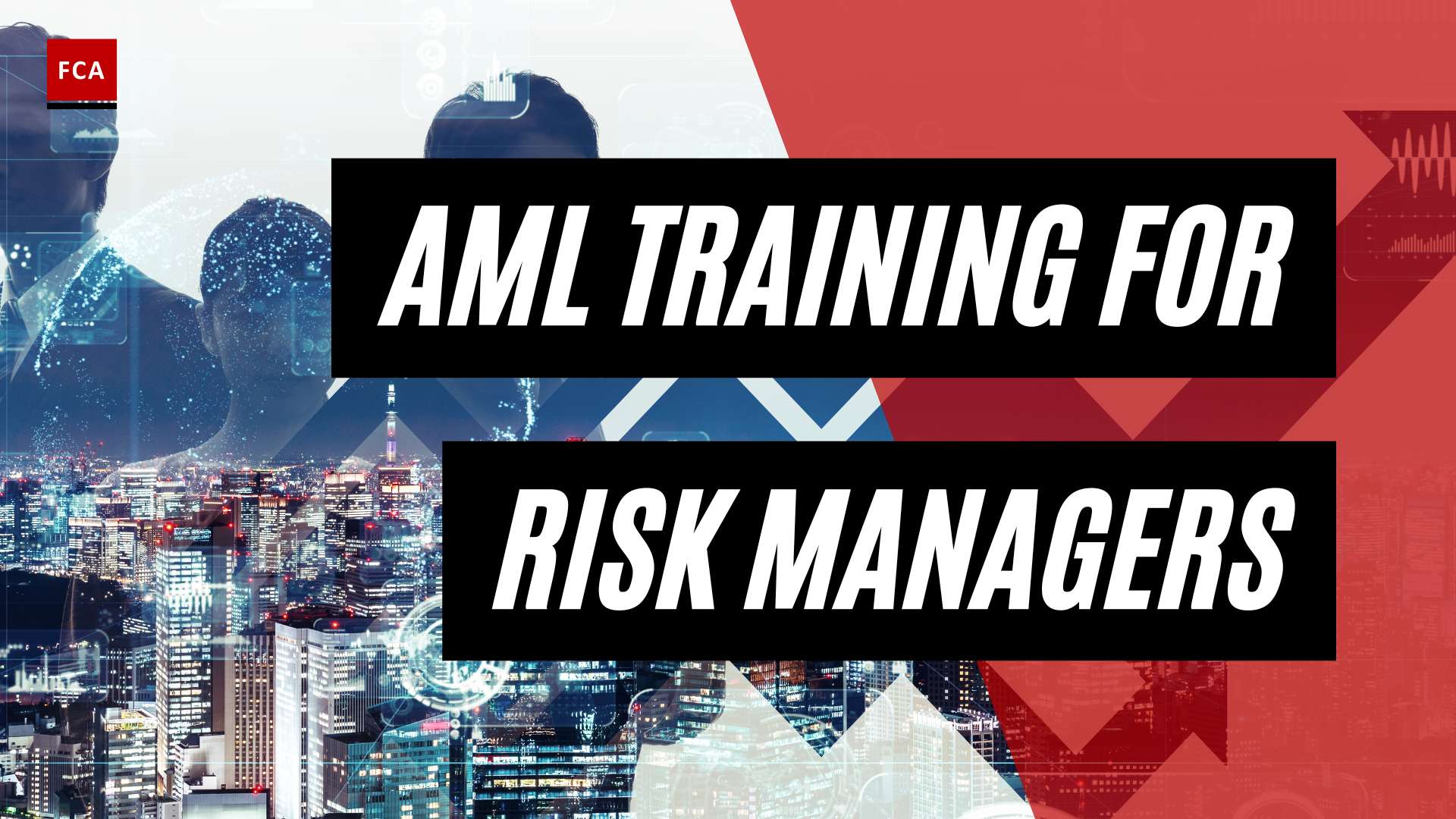Understanding KYC in Cryptocurrencies
To maintain regulatory compliance and mitigate the risks associated with financial crimes like money laundering and terrorist financing, the cryptocurrency industry has implemented Know Your Customer (KYC) requirements. KYC refers to the process of verifying the identity of customers and assessing potential risks of illegal intentions (CoinTelegraph). In the cryptocurrency context, KYC plays a crucial role in ensuring accountability and addressing the anonymity often associated with digital assets.
What is KYC?
KYC, or Know Your Customer, is a regulatory requirement that mandates financial institutions and cryptocurrency exchanges to collect and verify certain information about their customers. The objective is to establish the identity of users and assess the risks associated with their financial transactions. KYC procedures involve requesting personal information, such as full name, address, date of birth, and government-issued identification documents. This information helps establish a customer’s identity and verify their legitimacy in compliance with anti-money laundering (AML) and counter-terrorism financing (CTF) regulations.
The primary goal of KYC is to prevent illicit activities, such as money laundering, terrorist financing, and other financial crimes, by ensuring transparency and accountability in cryptocurrency transactions. By implementing KYC requirements, cryptocurrency platforms aim to deter criminals from using their services and maintain the integrity of the industry.
Importance of KYC in Cryptocurrencies
KYC requirements are of paramount importance in the cryptocurrency sector. By adhering to KYC guidelines, cryptocurrency exchanges and other platforms enhance security, trust, and regulatory compliance. Here are a few key reasons why KYC is crucial in cryptocurrencies:
-
Enhanced Security and Trust: KYC procedures help establish the identity of users and ensure that they are legitimate participants in the cryptocurrency ecosystem. By validating the identities of users, platforms can reduce the risk of fraudulent activities and improve security for all participants. It also fosters trust among users, knowing that the platform takes steps to verify the authenticity of its users.
-
Compliance with AML and CTF Measures: The cryptocurrency industry faces increasing scrutiny from regulatory bodies, requiring platforms to comply with AML and CTF regulations. KYC plays a vital role in meeting these obligations by collecting and verifying user information, allowing platforms to identify and report suspicious activities to the relevant authorities. Compliance with AML and CTF measures helps maintain the integrity of the cryptocurrency space and contributes to global efforts in combating financial crimes.
It’s important to note that KYC requirements may vary depending on jurisdictional laws and regulatory frameworks (CoinTelegraph). Each country may have its own specific guidelines, which can impact the verification process for users in different regions. Therefore, it is essential for cryptocurrency platforms to stay up to date with the regulatory landscape to ensure compliance and protect the interests of their users.
By implementing KYC requirements, the cryptocurrency industry aims to strike a balance between the benefits of digital currencies and the necessity for accountability. KYC procedures contribute to a safer and more transparent ecosystem, fostering trust among users, and mitigating the risks associated with financial crimes.
KYC Requirements in the Crypto Industry
To ensure compliance with anti-money laundering (AML) and counter-terrorism financing (CTF) regulations, the crypto industry has adopted Know Your Customer (KYC) requirements. These requirements involve collecting and verifying certain information from users. Let’s take a closer look at the overview of KYC processes and the jurisdictional variances in KYC requirements.
Overview of KYC Processes
KYC processes in the cryptocurrency space are designed to validate the identity of individuals and organizations involved in crypto transactions. These processes typically involve collecting information such as:
- Personal Information: Users are required to provide personal details such as their full name, date of birth, and residential address.
- Identification Documents: Users may be asked to submit scans or photographs of their government-issued identification documents, such as passports or driver’s licenses.
- Proof of Address: Some KYC processes require users to provide proof of their residential address, which can be done through utility bills or bank statements.
- Selfie Verification: In certain cases, users may be required to submit a selfie or a photograph for facial recognition verification.
These details are collected to establish the identity of individuals and to prevent fraudulent activities such as money laundering and terrorist financing. KYC processes vary across different platforms and jurisdictions, and the level of detail required may differ based on the platform’s risk assessment and regulatory obligations.
Jurisdictional Variances in KYC Requirements
KYC requirements in the crypto industry can vary significantly from one jurisdiction to another. Different countries have distinct AML and CTF regulations, and crypto businesses must adhere to the specific KYC guidelines enforced in each jurisdiction.
For example, in the United States, KYC requirements for cryptocurrency businesses are stringent. Exchanges and other virtual asset service providers (VASPs) are subject to regulations such as the Bank Secrecy Act (BSA) and must comply with the requirements of the Financial Crimes Enforcement Network (FinCEN). These regulations mandate the implementation of robust KYC processes to combat money laundering and the financing of illicit activities.
In contrast, some countries may have less defined or more relaxed regulations regarding KYC requirements for cryptocurrencies. This can result in varying levels of scrutiny and verification across different platforms and regions.
It’s important for crypto businesses to stay up to date with the regulatory landscape and ensure compliance with the KYC requirements applicable to their operating jurisdictions. By doing so, businesses can not only mitigate the risk of regulatory penalties but also contribute to the overall integrity and legitimacy of the cryptocurrency industry.
For a deeper understanding of AML regulation in cryptocurrencies, you may refer to our article on AML regulation in cryptocurrencies. Additionally, to explore the broader topic of AML compliance in the crypto industry, you can check out our resources on cryptocurrency AML compliance and AML regulations for virtual assets.
KYC Verification Process
In the world of cryptocurrencies, the KYC (Know Your Customer) verification process plays a vital role in ensuring compliance with anti-money laundering (AML) regulations and mitigating the risk of financial crimes. This process involves collecting specific information from customers and verifying their identities. Let’s explore the types of information collected during KYC and the document verification and identity checks involved.
Types of Information Collected
During the KYC verification process, cryptocurrency service providers collect various types of information from their customers to establish their identities and assess the associated risks. The information typically includes:
-
Personal Information: This includes the customer’s full name, date of birth, residential address, and contact details. It enables the service provider to uniquely identify the customer and establish a line of communication.
-
Government-Issued Identification: Customers are required to provide a valid government-issued identification document, such as a passport or driver’s license. The document helps verify the customer’s identity and ensures they are of legal age to engage in cryptocurrency transactions.
-
Proof of Address: To verify the residential address provided, customers may be asked to submit documents such as utility bills, bank statements, or official government correspondence. This helps confirm the customer’s residence and assists in risk assessment.
-
Source of Funds: Customers may be required to provide information about the source of their funds used for cryptocurrency transactions. This information helps identify any suspicious or potentially illicit activities.
It’s important to note that the specific information collected may vary depending on the jurisdiction and the service provider’s internal policies. However, the overarching goal is to gather sufficient information to meet regulatory requirements and effectively mitigate the risk of financial crimes.
Document Verification and Identity Checks
Once the necessary information is collected, the KYC verification process involves document verification and identity checks. Service providers employ various methods and technologies to ensure the authenticity and accuracy of the provided documents and the identities of their customers.
-
Document Verification: The submitted identification documents are carefully examined to ensure they are genuine, unaltered, and not expired. Advanced technologies, such as optical character recognition (OCR) and document authenticity analysis, may be employed to validate the documents.
-
Identity Checks: In addition to document verification, service providers may perform identity checks using multiple sources and databases. This includes screening against global sanction and warning lists, conducting negative news checks, and verifying the customer’s digital footprint, such as social media handles.
To streamline and enhance the KYC verification process, automation and advanced technologies can be utilized. For example, artificial intelligence and machine learning algorithms can automate and streamline identity verification across multiple countries and regions, while protecting against identity spoofing with selfie comparisons (Persona). These technologies offer the capability to verify ownership, securely verify passports via NFC chip, and conduct extensive identity checks to ensure compliance with AML regulations (Persona).
By implementing robust KYC verification processes, cryptocurrency service providers can enhance security, build trust with their customers, and comply with AML and counter-terrorism financing (CTF) measures. This helps create a safer and more transparent environment for cryptocurrency transactions while reducing the risk of financial crimes.
Benefits of KYC in the Crypto Sector
Implementing Know Your Customer (KYC) requirements in the crypto sector brings several benefits, including enhanced security and trust, as well as compliance with anti-money laundering (AML) and counter-terrorism financing (CTF) measures.
Enhanced Security and Trust
KYC in the crypto industry focuses on user identification to combat illicit activities like money laundering, terrorist financing, scams, and fraud. By collecting personal data and verifying user identities, crypto exchanges that adhere to KYC measures provide a safer environment for users to transact (Onfido). The implementation of KYC measures allows users to have more confidence in dealing with trustworthy individuals, minimizing the risks of fraud and scams associated with non-KYC exchanges.
KYC helps protect crypto exchanges by identifying and deterring potentially illegal activities, aligning with AML and CTF measures mandated by various countries. By implementing robust KYC procedures, exchanges can create a more secure ecosystem that promotes trust among users. This, in turn, attracts more participants and fosters the growth and development of the crypto sector.
Compliance with AML and CTF Measures
KYC requirements in the crypto sector are essential for ensuring compliance with AML and CTF regulations. These regulations are put in place to prevent financial crimes, protect the integrity of the financial system, and combat the financing of illegal activities. By implementing KYC procedures, crypto exchanges demonstrate their commitment to aligning with these regulations.
Complying with AML and CTF measures not only helps prevent criminal activities but also safeguards the reputation and credibility of the crypto industry. It demonstrates a commitment to ethical practices and responsible financial conduct. Non-compliance with KYC requirements can result in accounts being suspended or closed by crypto exchanges, highlighting the importance of adhering to these regulations for users participating in cryptocurrency trading (CoinTelegraph).
By implementing KYC requirements, the crypto sector takes proactive steps to mitigate risks associated with financial crimes, ensuring a more secure and trustworthy environment for users and fostering the continued growth and adoption of cryptocurrencies.
In the next section, we will explore the challenges and controversies surrounding KYC in the crypto sector, including the conflict with anonymity and privacy concerns related to data security risks.
Challenges and Controversies of KYC in Crypto
As the implementation of KYC (Know Your Customer) requirements becomes more prevalent in the crypto industry, it has sparked debates and controversies, particularly in relation to the conflict with anonymity and concerns over privacy and data security.
Conflict with Anonymity
One of the core principles of cryptocurrencies is the concept of anonymity, offering users the ability to conduct transactions without revealing their identities. However, the introduction of KYC processes in the crypto industry challenges this traditional notion of anonymity. KYC requirements often involve collecting personal information from users, such as identification documents and proof of address. This conflicts with the desire for privacy and independence within the crypto community.
While some argue that KYC is necessary to prevent illicit activities such as money laundering and terrorist financing, others believe that it goes against the fundamental principles of decentralization and freedom that cryptocurrencies were built upon. The debate surrounding the balance between KYC requirements and maintaining anonymity continues to be a significant point of contention in the crypto space.
Privacy Concerns and Data Security Risks
The implementation of KYC in the crypto industry raises concerns about user privacy and the security of personal data. Users may be reluctant to provide their personal information to cryptocurrency exchanges or other service providers due to fears of data breaches or unauthorized access.
Additionally, the storage and management of sensitive personal information collected during the KYC verification process present potential risks. Exchanges and other entities must employ robust data security measures to protect user information from cyber threats and unauthorized access. Any mishandling or breaches of this data could have severe consequences for individuals, including identity theft and financial fraud.
The ongoing challenge for the crypto industry is to strike a balance between the need for KYC due diligence to comply with anti-money laundering (AML) regulations and safeguarding user privacy and data security. Stricter regulations from government authorities, such as the proposed anti-money laundering regulations by the U.S. Treasury Department, aim to address these concerns and align the crypto sector with traditional finance’s AML regulations (Reuters). However, these regulations also come with potential compliance costs and regulatory challenges for cryptocurrency businesses.
The future of KYC in the crypto industry will depend on finding the right balance that addresses regulatory requirements while respecting user privacy and data security concerns. Continued discussions, technological advancements, and industry collaboration are necessary to navigate these challenges and ensure that KYC processes in the crypto space are effective, secure, and aligned with the evolving regulatory landscape.
Future of KYC in Cryptocurrencies
As the cryptocurrency industry continues to evolve, so do the regulatory landscape and the implications for Know Your Customer (KYC) requirements. Regulators around the world are recognizing the need to address anti-money laundering (AML) concerns in the crypto sector. In this section, we will explore the potential regulatory changes and the industry’s preparation and adaptation to these developments.
Regulatory Changes and Implications
The U.S. Treasury Department is planning to impose AML regulations on cryptocurrencies, including the implementation of KYC requirements in digital asset transactions (Reuters). These regulations aim to make it harder for criminals to exploit cryptocurrencies for money laundering, terrorist financing, and other illicit activities, aligning the crypto sector with traditional finance’s AML regulations (Reuters).
While specific details and the timeline for implementing these regulations have not been provided, this development signifies the U.S. government’s commitment to AML enforcement in the crypto sector. It is expected that increased compliance costs and regulatory challenges will follow for cryptocurrency businesses (Reuters). Industry experts and stakeholders are closely monitoring these changes and preparing for the potential impact on their operations.
The Financial Action Task Force (FATF), an intergovernmental body that sets global standards for combating money laundering, plays a significant role in shaping AML regulations worldwide. Their recommendations on cryptocurrency KYC have a substantial influence on regulatory frameworks. Staying updated on the FATF’s guidance is crucial for both regulators and cryptocurrency businesses.
Industry Preparation and Adaptation
Given the evolving regulatory landscape, the cryptocurrency industry is actively preparing and adapting to meet the changing AML requirements. Cryptocurrency businesses are investing in robust AML compliance programs, including the implementation of KYC processes.
To comply with future KYC regulations, industry participants are likely to enhance their customer onboarding procedures, which will involve collecting and verifying customer information. This may include personal details, proof of identity, proof of address, and other relevant documentation. The implementation of efficient and secure identity verification technologies will be vital in streamlining the KYC process while maintaining data security.
Cryptocurrency businesses may also need to develop partnerships with third-party service providers specializing in AML compliance and KYC solutions. These partnerships can ensure adherence to the evolving regulations while leveraging expertise in compliance practices.
Furthermore, collaboration among industry stakeholders, regulators, and law enforcement agencies will play a crucial role in combating illicit activities in the crypto sector. Sharing information, best practices, and intelligence can help establish a robust AML framework that protects both the industry and consumers.
As regulatory changes unfold, the industry must remain agile and adaptable. Continuous monitoring and assessment of regulatory developments will be necessary for businesses to promptly update their AML policies and procedures. By staying ahead of the regulatory curve, the industry can foster trust, legitimacy, and long-term sustainability.
The future of KYC in cryptocurrencies hinges on striking the right balance between AML compliance and the privacy concerns of users. Finding innovative solutions that ensure regulatory compliance while safeguarding user data will be a key challenge for the industry going forward. Efficiently addressing this challenge will contribute to the overall growth and maturity of the cryptocurrency ecosystem.








